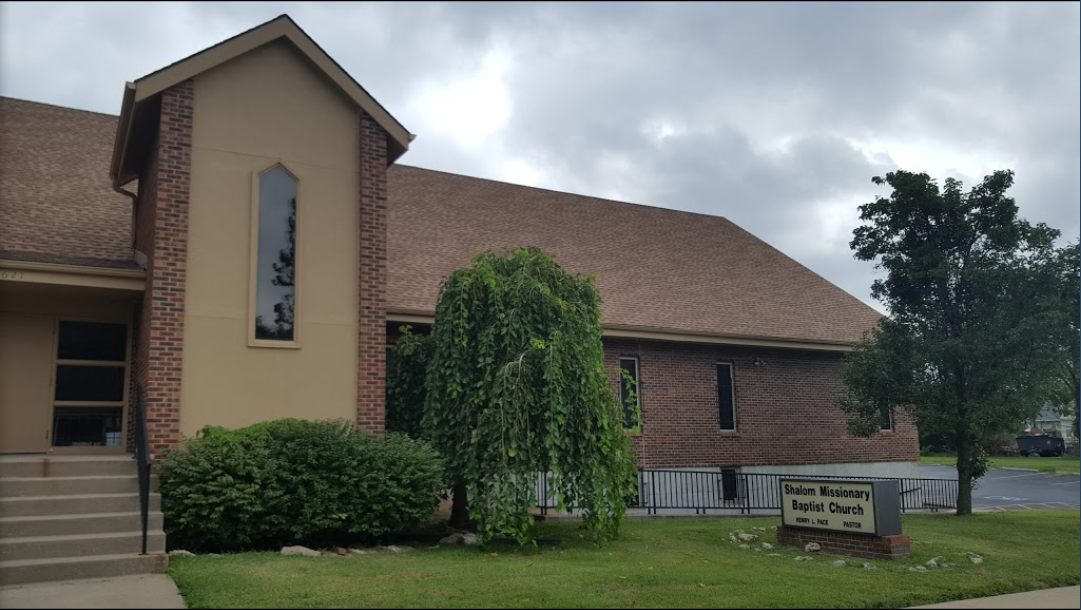Online Concordances and Resources
1. Hebrew and GreekSearch Multiple Dictionaries (including Easton’s Bible Dictionary) : Search Wikipedia Encyclopedia: Search Encyclopedia.com: … www.eliyah.com/lexicon.html
The Strong’s concordance is a very useful tool for studying the scriptures. It takes every single word of the King James Version and lists where each word can be found in the scriptures. It is useful for locating scripture verses that you know the words to, but don’t know the book, chapter and verse.
For example, let’s say that you know of a verse that says our hairs are numbered. You could look up the word “numbered” in a Strong’s Concordance and it would give you a listing of all the verses that contain the word “numbered”. You would then find Matthew 10:30, where Yahushua said that “the very hairs of your head are all numbered”. You can find the Strong’s Concordance in most any bible bookstore (See the graphic to your right).
Also beside each verse reference there is a number. That number represents a Hebrew word (if in the Old Testament) or Greek word (if in the New Testament). In the back of the book it lists Hebrew and Greek words used to translate the bible into English. Each has a a number beside them so that we may only need to know the number to locate a Greek or Hebrew word. Then we can do a word study by reading the meaning of the original word. Whenever I refer to a number in the Strong’s concordance, you can look up the number for yourself in the Strong’s Lexicon or other lexicons that use Strong’s numbers to verify everything.
One thing to keep in mind is that while the Strong’s Concordance is fairly reliable in its lexicon definitions, it is relying on 19th century scholarship. One of the best ways to determine the true meaning of a word is look up that word in a Hebrew or Greek Lexicon to see how it was translated in various places.
NOTE: Also, Hebrew especially has various verb forms, tenses and stems that can have different meanings. The Strong’s Lexicon doesn’t do much to address this, but others (such as the Brown Driver Briggs that this online concordance uses) have more detailed definitions for each verb stem.
Strong’s Online Concordance
With the online concordance, you have a tool even better than a normal Strong’s Concordance. You can search multiple words and find all the verses with those words in it. For instance, you could search using the two words “beginning created” and find 4 verses that contain both of these words. This is something that a normal Strong’s Concordance cannot do. Also, you can search the concordance by Strong’s number. For instance, if you wanted to find all the occurrences of the Hebrew word #07723 (Shav), you put 7723 in the search box and it would list the scripture verses that contain this word. This makes it possible to get a fuller meaning of the word when you see how it is used in the context of other verses.
Other Online Biblical Resources
2. Bible Study Tools – Online Biblical Resources
http://www.apostolic-churches.net/bible/
Bible Study Tools Quick Reference List:
- KJV Searchable Bible
- KJV Bible with Strong’s Definitions
- M. H. Commentary with Bible Verse Links
- Matthew Henry Commentary
- Nave’s Topical Bible (New Format)
- Nave’s Topical Bible (Original Format)
- Bible Scriptures by Subjects (Main Index)
- Bible Scriptures by Subjects (Alpha. Index)
- Free Bible Study Tools Download
- Links To More Bibles Study Tools
- KJV Bible Complete Word List
- Authorized KJV Bible (New Format)
- Authorized KJV Bible (Original Format)
3. Bible Tab.com Multi Version Concordance Indexes each word of twelve Bible translations. Each entry lists the reference, verse, and versions in which that word appears. http://bibletab.com/
4. Strong’s Exhaustive Concordance combines the King James Bible version with Greek and Hebrew lexicons. Study the Bible online with Strong’s Concordance.
www.biblestudytools.com/concordances/strongs-exhaustive-concordance/
5. Bible Concordance – An alphabetical index of Hebrew and Greek words used in the Bible. Strong’s Exhaustive Concordance and other reference tools.
www.allaboutgod.com/bible-concordance.htm
These are all good biblical online resources that I’ve used along with my print resources. While there are many, many biblical resources out there, I’ve found the ones listed above to be very helpful in my personal studies of God’s Word.

